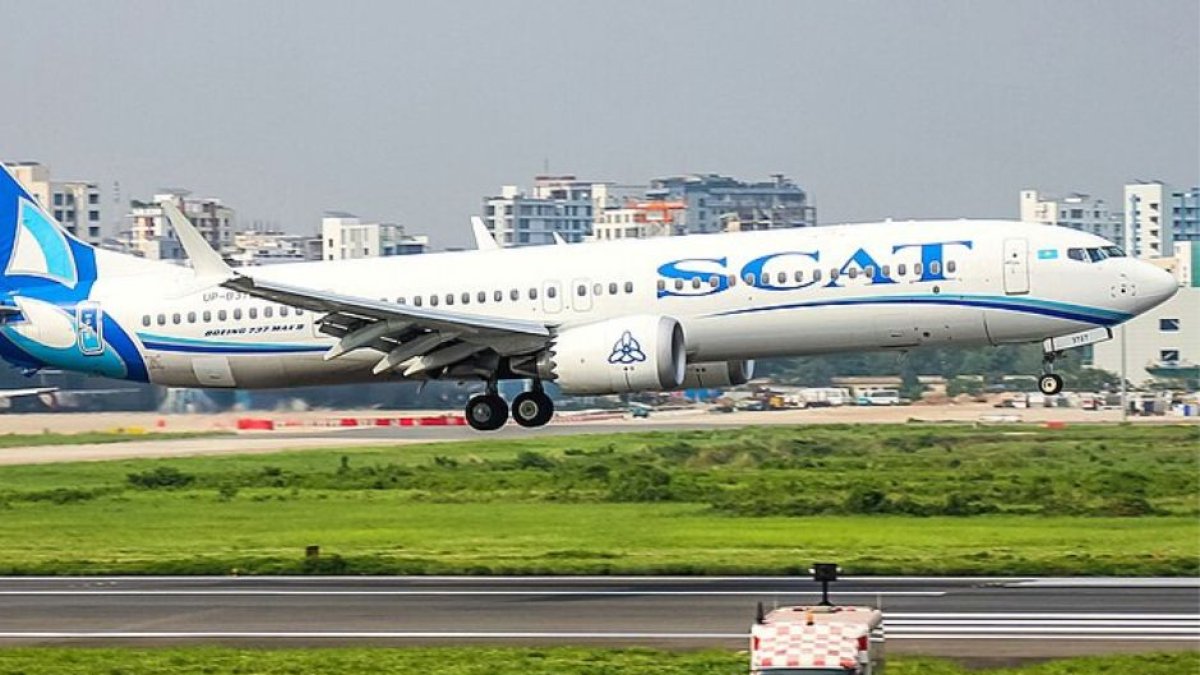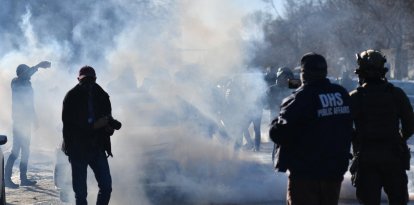An exit door blew out on an Alaska Airlines flight and the Biden Administration temporarily grounded 171 aircraft
According to a passenger who experienced the situation firsthand, the phones of those present were sucked out of the aircraft due to depressurization.

Wikimedia Commons
The Federal Aviation Administration (FAA) ordered 171 Boeing 737 Max 9 aircraft to be grounded after one developed a malfunction mid-flight. It turns out that an unused exit door panel exploded on an Alaska Airlines plane traveling from Portland to Ontario. It was carrying 171 passengers and had to make an emergency landing at Portland International Airport.
As revealed by a passenger who lived the experience firsthand, the phones of those present were sucked out of the plane and a child lost clothes due to the sudden depressurization. At the time of the failure, they had been flying for about six minutes and were at about 16,000 feet above sea level.
Michael Whitaker, the current administrator of the FAA, was quick to speak about what happened in a statement. "Safety is our top priority, and we deeply regret the impact this event has had on our customers and their passengers," he began.
"We agree with and fully support the FAA's decision to require immediate inspections of 737-9 airplanes with the same configuration as the affected airplane. In addition, a Boeing technical team is supporting the NTSB's (National Transportation Safety Board) investigation into last night's event. We will remain in close contact with our regulator and customers," continued the official, who the Senate confirmed in October 2023.
Pete Buttigieg, Secretary of Transportation, also referred to the case and assured that "safety will always be the top priority for our Department and for FAA."
The aircraft in question, a Boeing 737 Max 9, is frequently used on domestic flights and went into service in May 2017. The inspection order launched by the FAA will apply only to airlines operating in the United States. Whitaker says they will only fly again when the authorities have verified that "they are safe to operate."

























